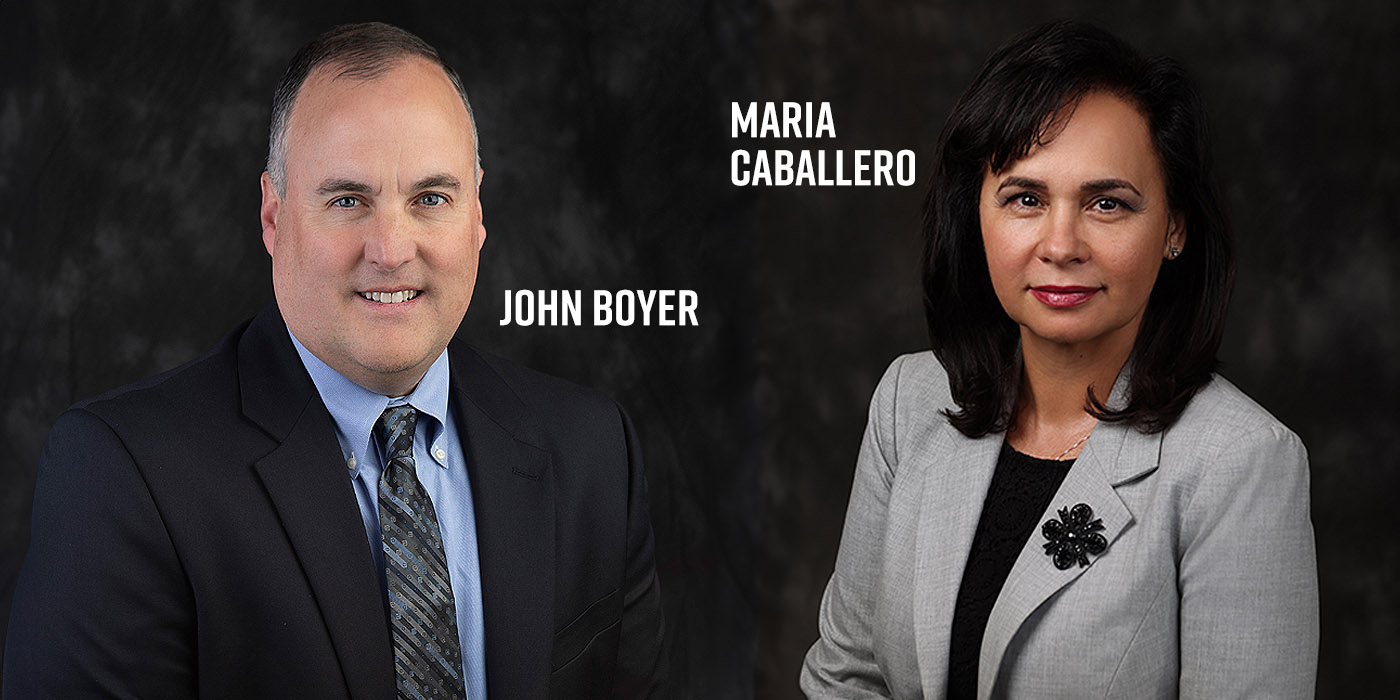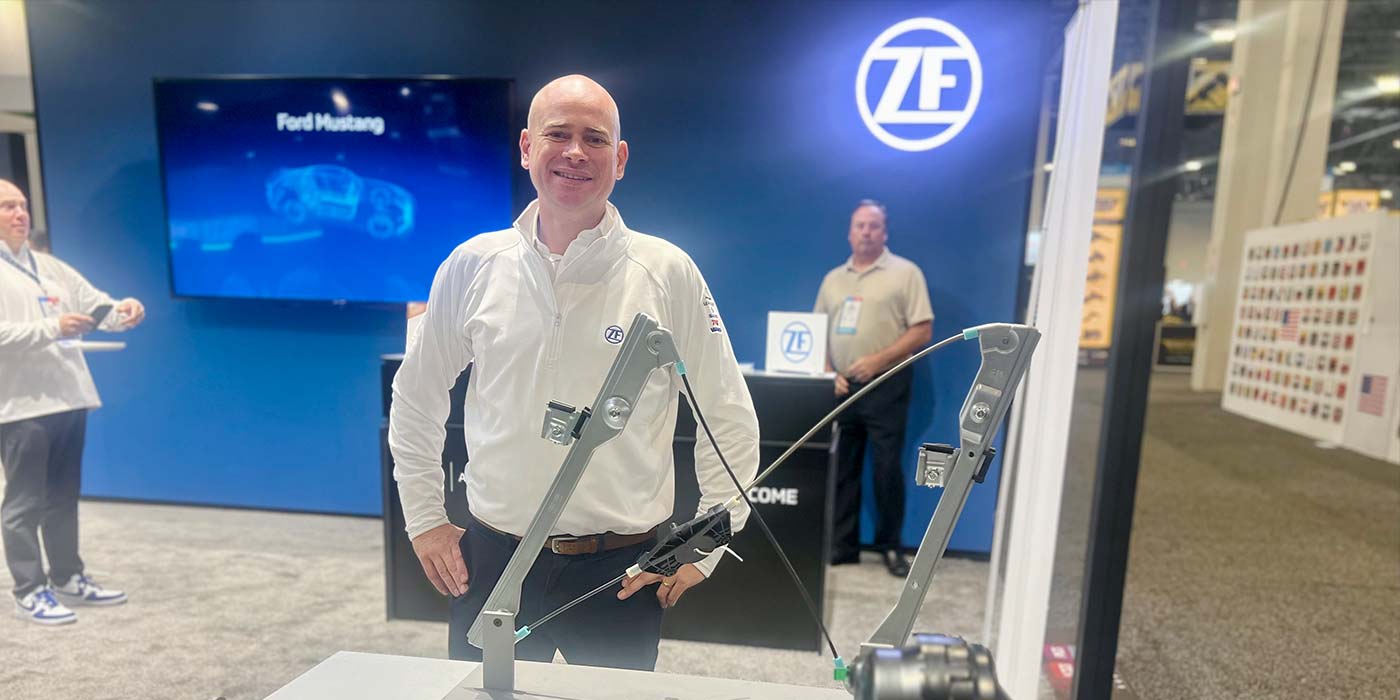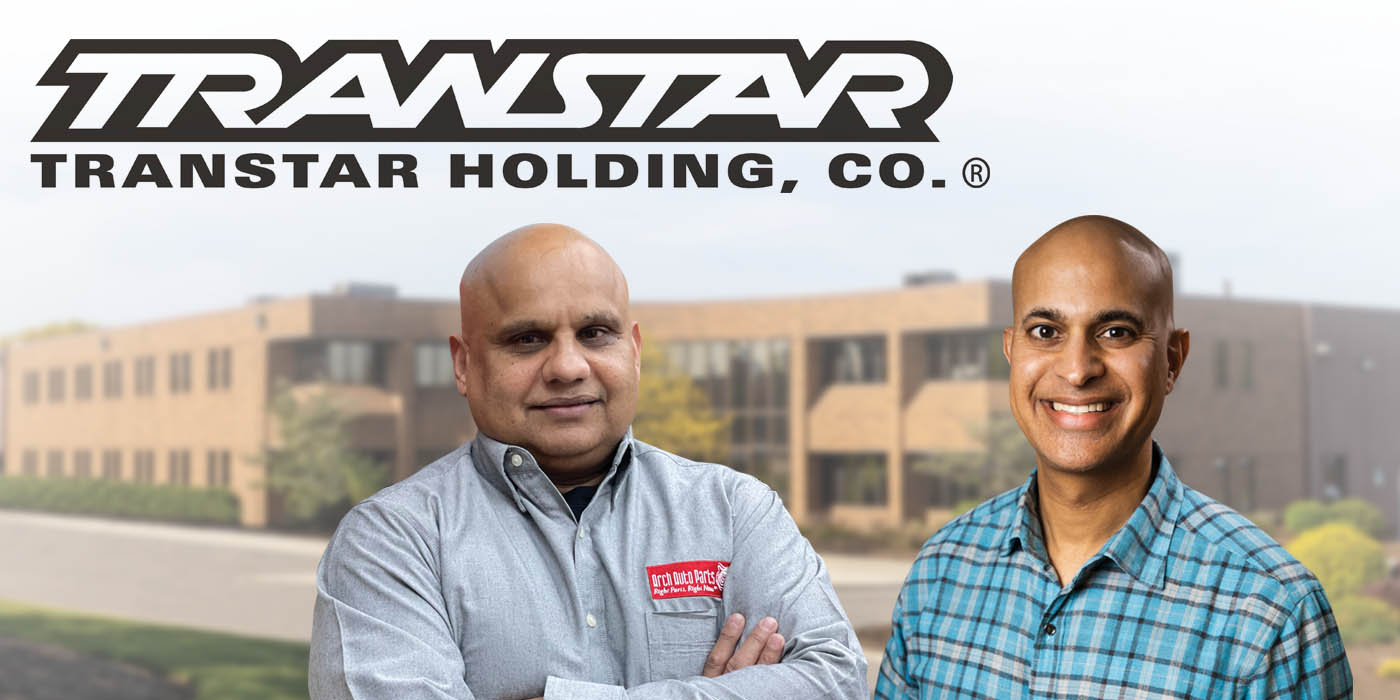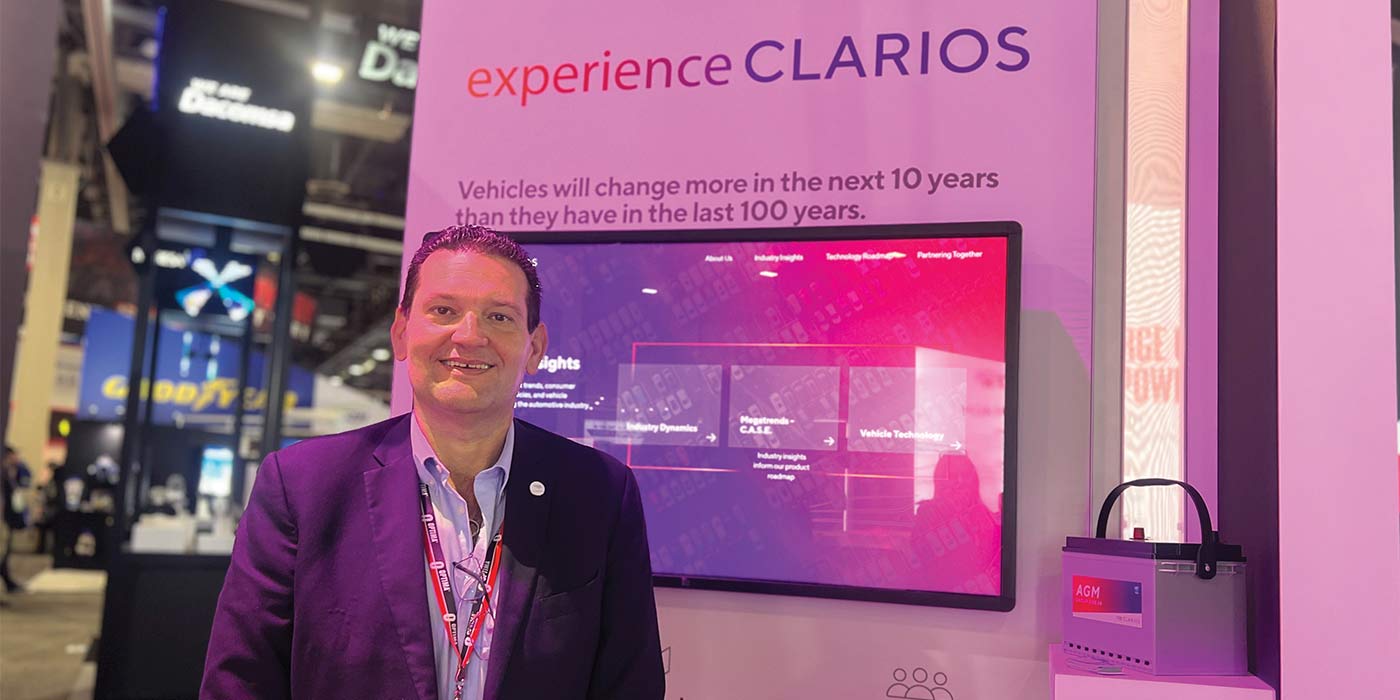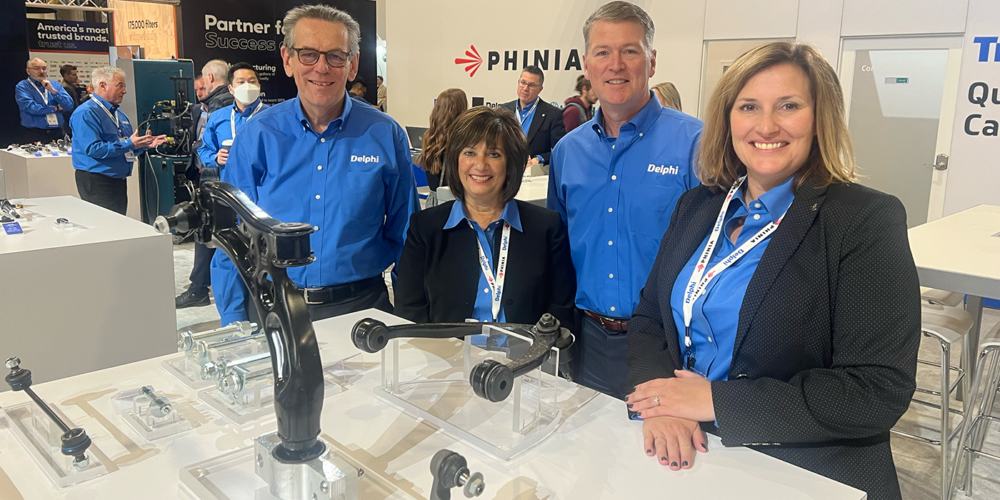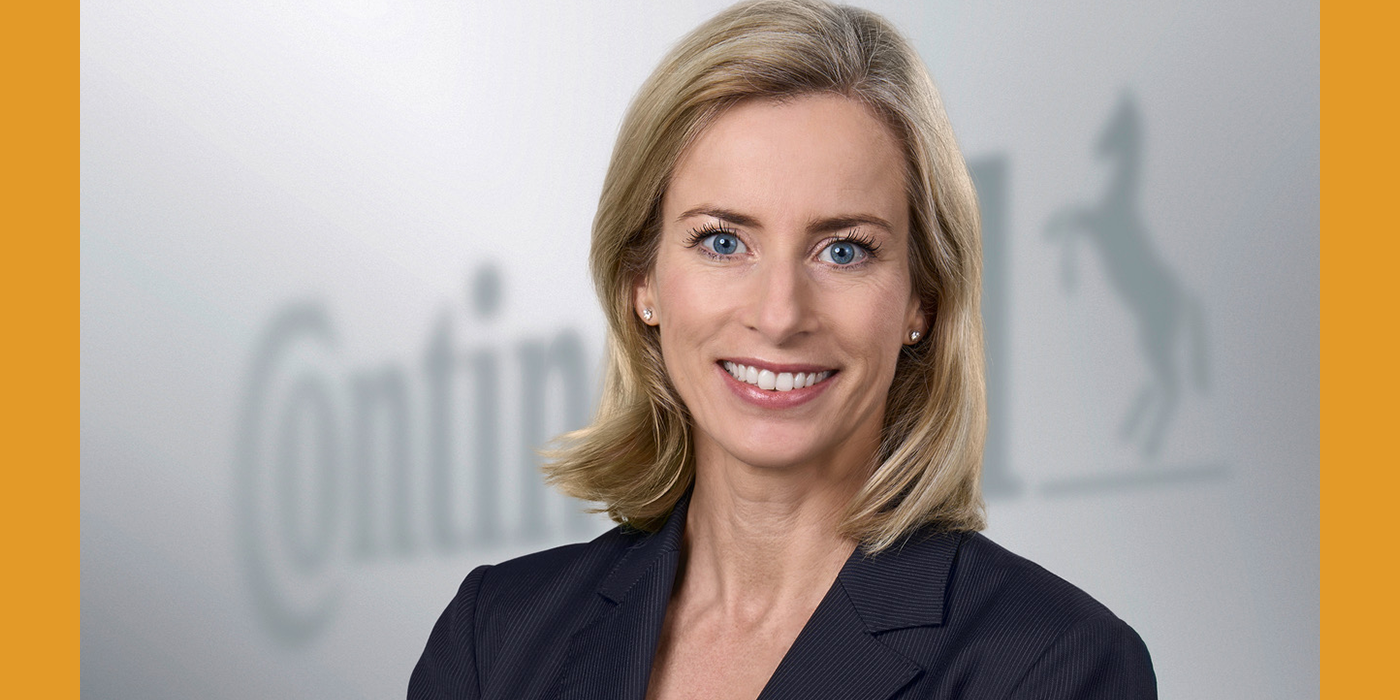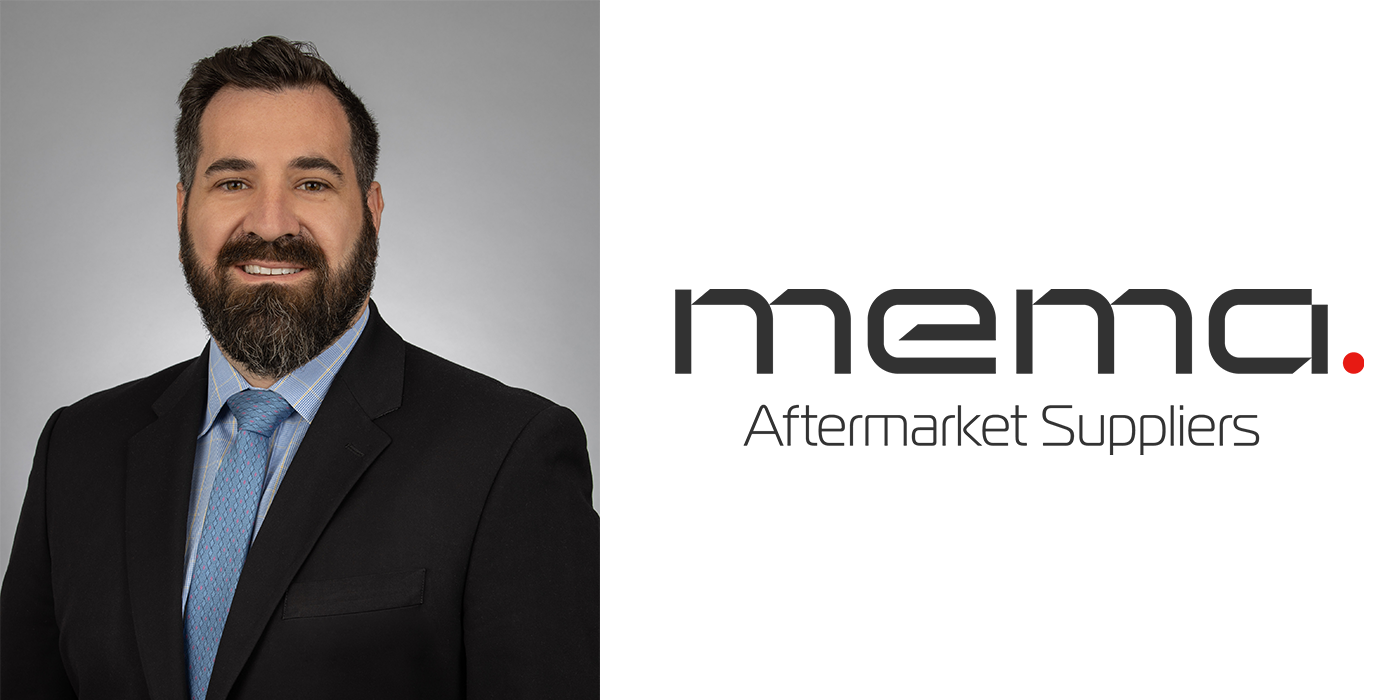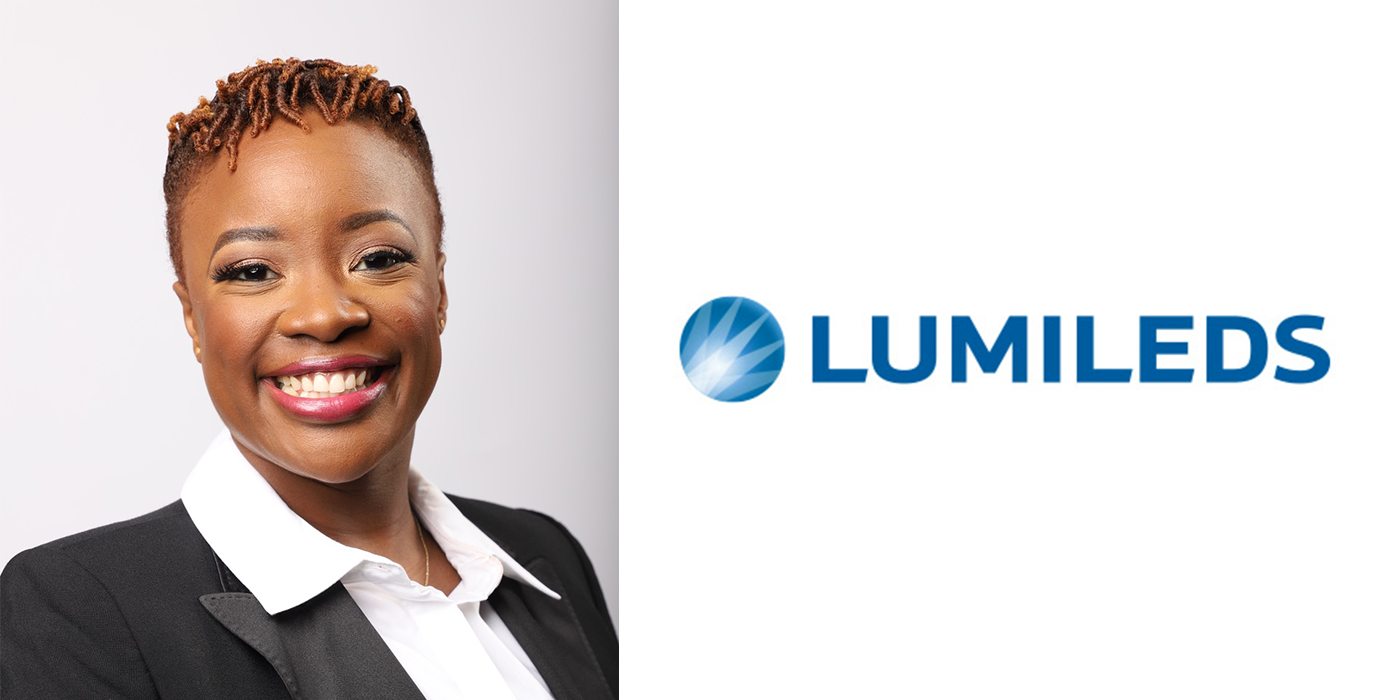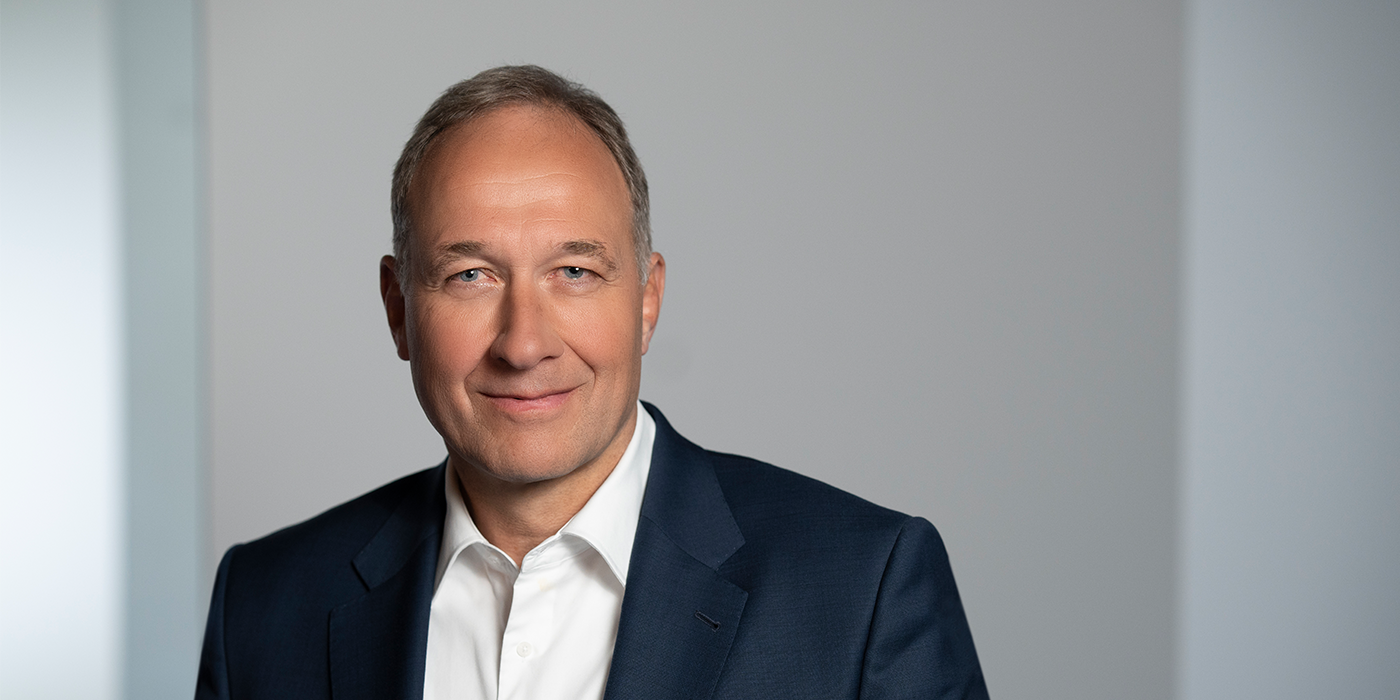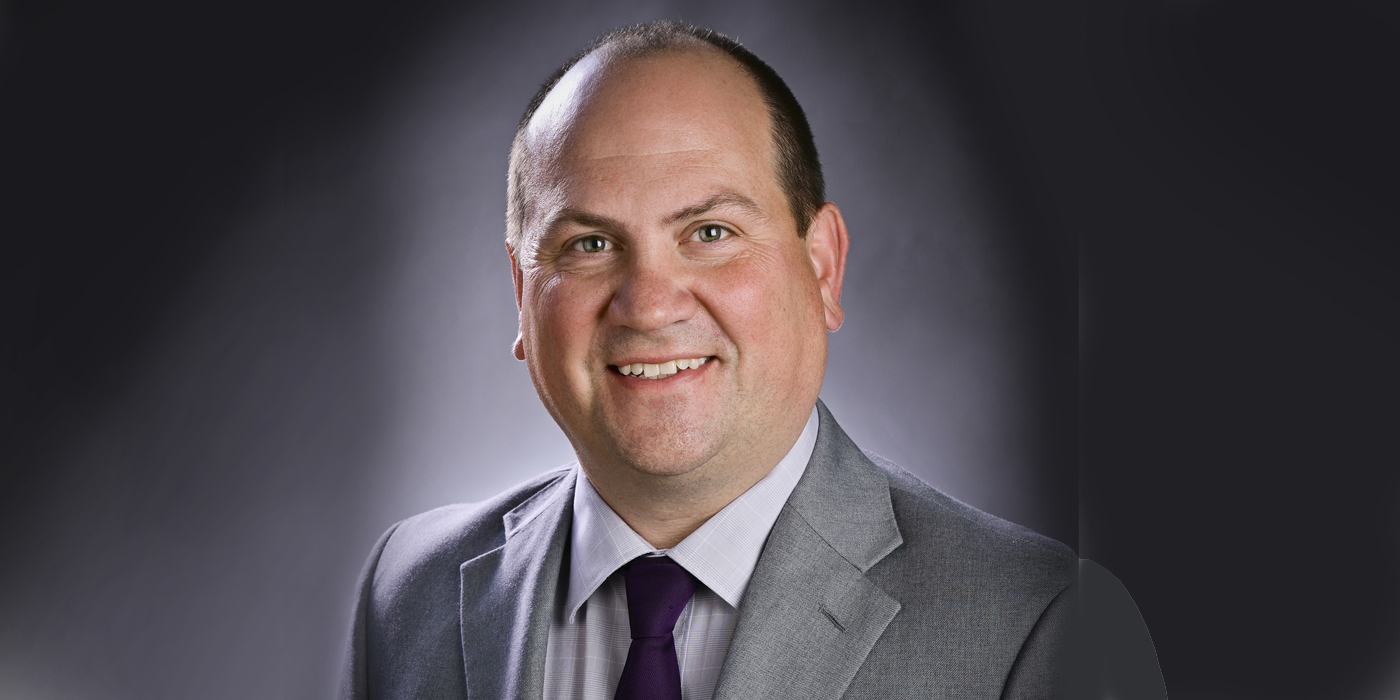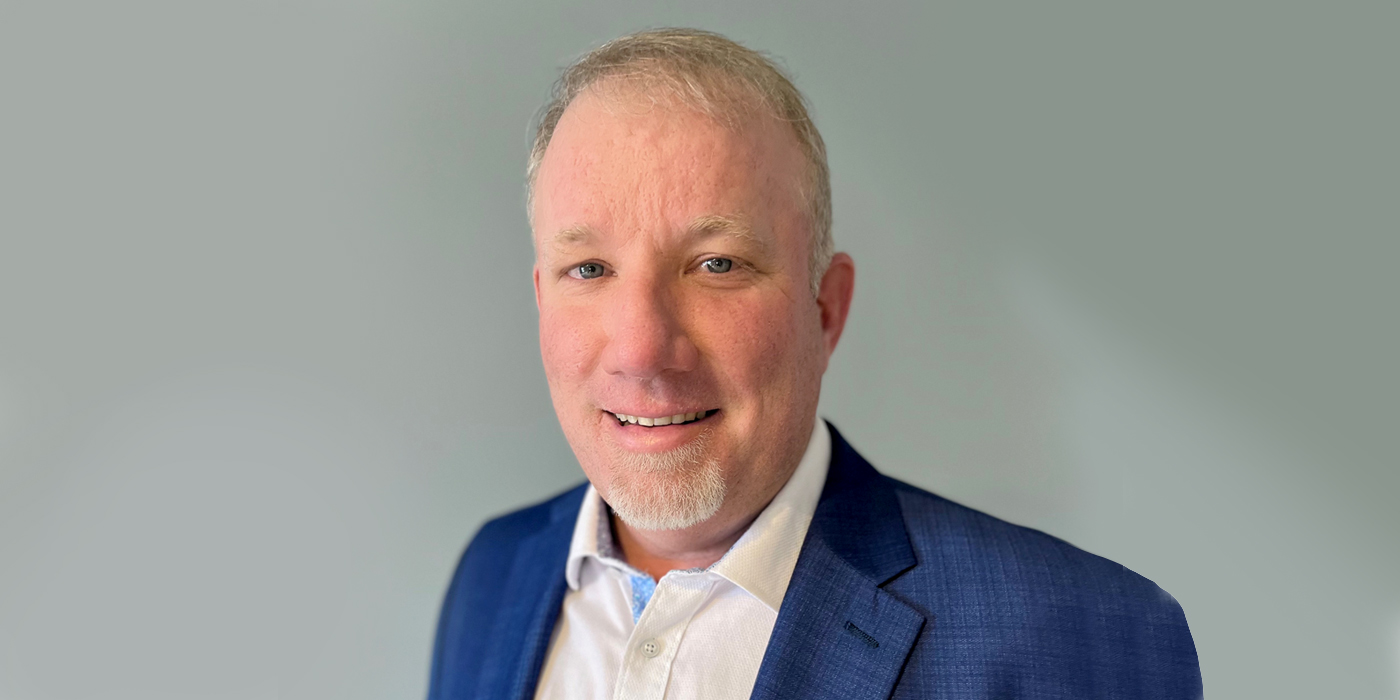PHILADELPHIA — Michael Cardone, Jr. is chairman and chief executive officer of CARDONE Industries, Inc., a global supplier of automotive products with headquarters in Philadelphia, Pa. 
Michael co-founded CARDONE Industries with his late father, Michael Cardone, Sr., in 1970. Today, this family business, spanning three generations, is the largest family-owned remanufacturer of automotive parts in the world.
Michael Cardone, Jr. has received numerous awards for his achievements over the years, including the Automotive Warehouse Distributors Association’s (AWDA) Automotive Leader of the Year Award, 2001; American Society of Quality Control Leadership Award for Outstanding Support, 1994; Northwood Institute’s Automotive Aftermarket Education award, 1990; Automotive Hall of Fame Young Leadership and Excellence award, 1982; and Automotive Service Industries Association’s Remanufacturer of the Year award, 1974 and 1987.
He is also actively involved in many automotive industry organizations, including: Motor and Equipment Manufacturers Association (MEMA) – Chairman 2004 to 2006; MEMA Pension Trust Board of Directors; AWDA Government Affairs Committee; Automotive Aftermarket Industry Association Government Affairs Committee; MEMA Board of Directors; AWDA Advisory Council; AWDA University, Lifetime Trustee; AWDA Manufacturing Council 1992-1993.
Cardone. is a graduate of Oral Roberts University, where he received his bachelor of science degree in business administration in 1970 and honorary doctor of laws in 1988. He is a frequent keynote speaker at industry and business events.
In this exclusive Executive Interview Cardone addresses the key issues of parts proliferation, the impact of high fuel prices, the high cost of health benefits and the reman industry’s focus on being “green.”
Parts proliferation has been an increasing challenge for the automotive aftermarket. What’s your take on the issue? How, in your opinion, has parts proliferation changed the landscape of the aftermarket?
I believe parts proliferation is quickly becoming the number one issue our industry faces. Will the IAM (independent aftermarket) be able to manage the increased inventory investment needed for the current supply chain, or will the industry deploy new supply chain methods to deal with it? Proliferation has drastically changed the industry dynamic. SKUs are growing exponentially as hybrids, new propulsion systems, alternative fuels, new technologies, and personalized vehicles are introduced. The price of high-tech parts is increasing because of new technologies and lower volumes. Now, the challenge of cost and access to capital has created the biggest challenge the aftermarket has ever faced.
Will the issue of parts proliferation continue to snowball, or is there a solution in sight?
Industry efforts to re-engineer the supply chain have not developed as in other industries. Our solution must come from individual customer-supplier relationships. Distributors and manufacturers will have to join together as channel partners to seriously collaborate on the development of new supply chain techniques that address the total cost of the supply chain, not just acquisition price. Wal-Mart is a good example of how powerful a competitive advantage can be when channel partners work together to integrate supply chains to produce the lowest total cost. One thing is certain for the long run: the fastest and leanest supply chain will have the competitive advantage in any industry.
How can the Reman industry best capitalize on the current focus on conservation and green living?
Green was in Reman before green was “in.” Reman is fundamentally a recycling industry. Automotive Reman products are unique in that the price to produce them is significantly lower than new manufactured product. This is not the case in other green industries. For example, recycled paper costs more than virgin paper.
Reman is a downstream green industry that doesn’t get the traction of other Green-Tec industries, yet the Reman process, in comparison to manufacturing, reduces millions of tons of greenhouse gas emissions, hazardous waste and natural resources along with billions of barrels of oil. The value of Reman is just beginning to be recognized. New Jersey and Pennsylvania have passed regulations requiring state fleets to use Reman parts as their first choice for replacement parts.
Another aspect of Reman that is often overlooked is the cost-effective and safe way of disposing of old parts. We have been doing this for decades with our tried and proven reverse supply chain system – the core return system.
As both a manufacturer and a remanufacturer, how are the high fuel prices affecting your business? Any changes in day-to-day processes?
While fuel prices are fluctuating, higher prices are inevitable. Fuel prices affect transportation costs of Reman products more than domestic new products, but less than new products manufactured overseas. Our strategy is to create the shortest supply chain between our customers and ourselves. We remanufacture and distribute our products as close to our customers as possible, giving them the opportunity to manage their inventory more efficiently and at the same time reduce the cost and time of transportation. A good example of this strategy is the Japanese OEM’s. If you look at their plants in the U.S., you will see that many of their parts suppliers are located near the plants. This has made them more responsive and more competitive. Their integrated supply chain is based on JIT (just in time) principles to keep inventory in the supply chain to a minimum. The IAM can meet the challenges of parts proliferation by applying the same JIT principles to our supply chain to inventory replenishment.
From a customer standpoint, how does the high price of fuel today and its effect on miles driven impact your business?
Some sales erosion may occur in certain product categories such as crash parts. However, the U.S. vehicle fleet continues to grow and age. With an additional billion dollars in product sales moving from the OES channel to the IAM as Lang has forecasted, we see the market continuing to grow at the historical 3 to 5 percent per year.
All companies today, regardless of industry, are struggling with the costs of doing business, one of which is the high cost of healthcare. CARDONE recently came up with a very unique solution to this problem. Please tell our readers about it.
We have partnered with Holy Redeemer, a local hospital, to start The CARDONE Factory Family Health Clinic to provide high quality health care exclusively for CARDONE Factory Family Members and their families. The number of employees and their families we cover under our heath care plan gives us the opportunity to deal directly with our health care provider. We are self insured, which makes dealing direct an opportunity to lower the total cost of health care and at the same time ensure high quality care for all our employees. The clinic is located on our property, which makes it easily accessible to our Factory Family.
In June, Cardone reached an agreement with Remy Automotive Europe, whereby Cardone would acquire three of Remy’s plants in the U.K. and would supply Remy with its products for its Multiline product group. How has this worked out? Any updates on this acquisition?
Europe has a bigger vehicle fleet than the U.S. The Remy acquisition has enabled us to grow our product lines in the European market while being closer to our customers. Europe is very intense about "green," which is increasing the Reman value proposition beyond price and availability. Europe has more makes and models than the U.S. even though many are the same as in the U.S. Positioning CARDONE in both markets has given us global access to cores and raw materials and has created economies of scale.

